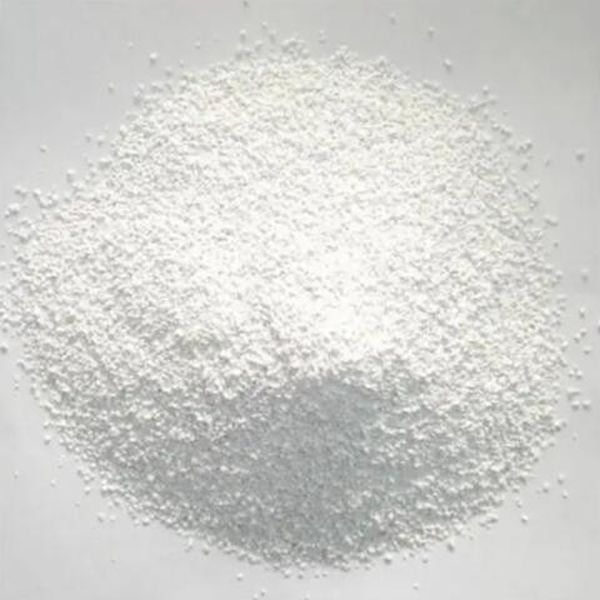- Home
- News
- Streptomycin sulphate is the most effective and least toxic antibiotic obtained by Streptomyces for parenteral application
Streptomycin sulphate is the most effective and least toxic antibiotic obtained by Streptomyces for parenteral application
Streptomycin sulphate is the sulfate form of streptomycin. Streptomycin is an antibiotic produced by the actinomycete Streptomyces griseus in soil. Streptomycin is the first chemotherapeutic drug that has a definite effect on tuberculosis. This product must be injected intramuscularly, so its long-term application is restricted. Streptomycin is the most effective and least toxic antibiotic obtained by Streptomyces for parenteral application. This product is a fungicide, which may be based on its direct effect on bacterial ribosomes to inhibit protein synthesis and effect, mainly acting on extracellular (including hollow) tuberculosis bacteria. Streptomycin sulfate has a strong antibacterial effect on Mycobacterium tuberculosis, and it has a weak antibacterial effect on most Gram-positive cocci (such as various streptococci) and bacilli (such as Pseudomonas aeruginosa, anaerobic bacteria), and it is not effective on many Negative bacilli have a strong antibacterial effect. This product is effective for all kinds of skin tuberculosis. It has the effect of inhibiting the growth of tubercle bacilli and the production of toxins. It has a bactericidal effect at high concentrations (> 0.4μg / mL). The resistance of Mycobacterium tuberculosis to streptomycin develops rapidly, and it should be combined with other anti-tuberculosis drugs. The combination of streptomycin sulfate and another isoniazid, a highly effective fungicide approved for parenteral application, can immediately produce a significant effect on susceptible bacteria, and can often be revived in critical situations. Streptomycin sulfate is the most effective in the first few weeks or months of treatment. Perhaps it is because the product is applied parenterally, and the serum concentration increases rapidly, so it seems to enhance the oral efficacy. Even highly effective drugs such as ethambutol and isoniazid can benefit from the compatibility of this product. .
This product is the first choice drug against tubercle bacillus. It has a strong effect on tubercle bacillus. It has a strong bacteriostatic effect at low concentrations and a bactericidal effect at high concentrations. Because only 10% can penetrate into somatic cells, it is ineffective against tuberculosis bacteria inside cells, and can only kill tuberculosis bacteria outside cells. It has a stronger bactericidal effect on bacteria in reproduction period than bacteria in resting period. Unlike penicillin, its sterilization rate is directly proportional to the drug concentration, its antibacterial effect is strongest at pH 7.8, and its effect is greatly weakened when the pH drops below 6. Agricultural streptomycin sulfate is an antibiotic fungicide, which can prevent and control bacterial diseases of a variety of crops, as well as some fungal diseases. According to China’s pesticide toxicity classification standards, streptomycin is a low-toxic fungicide.
